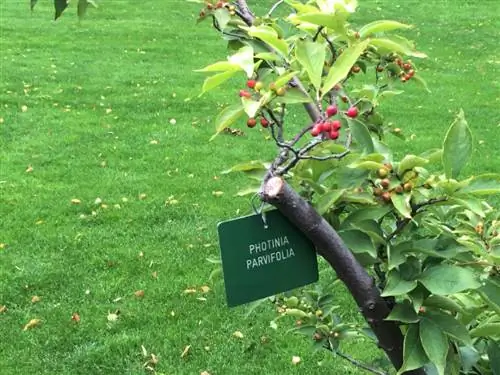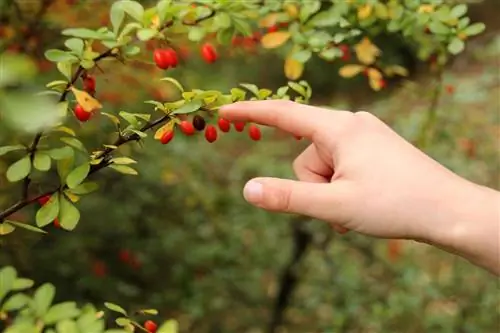- Author admin leonars@hobbygardeners.com.
- Public 2023-12-16 16:46.
- Last modified 2025-01-23 11:20.
In the Black Forest, sorrel juice is valued. In many places, sorrel is also used in salads, soups and sauces. But isn't sorrel actually poisonous?

Is wood sorrel poisonous?
Sorrel is slightly toxic due to its high content of oxalic acid and potassium hydrogen oxalate. The toxic effect can lead to nausea, vomiting, diarrhea and other symptoms, especially if the sorrel is consumed fresh and in large quantities.
Oxalic acid and potassium hydrogen oxalate account for the toxic effect
Sorrel is considered slightly poisonous due to its high content of oxalic acid and potassium hydrogen oxalate. These active ingredients become particularly dangerous if the sorrel is consumed fresh in large quantities. When heated they are partially rendered harmless.
Most poisonous when flowering
The poison content is highest during the flowering period (similar to spinach, rhubarb and beetroot). Anyone who has eaten too much sorrel can expect:
- Nausea
- Vomiting
- Diarrhea
- irregular pulse
- decreasing blood pressure
- Circulatory weakness
- Paralysis
Tip
Sorrel is not only poisonous, but also edible and medicinal. As with many other plants, the dosage, harvest time and form of preparation determine the poisonous or healing effect of sorrel.






